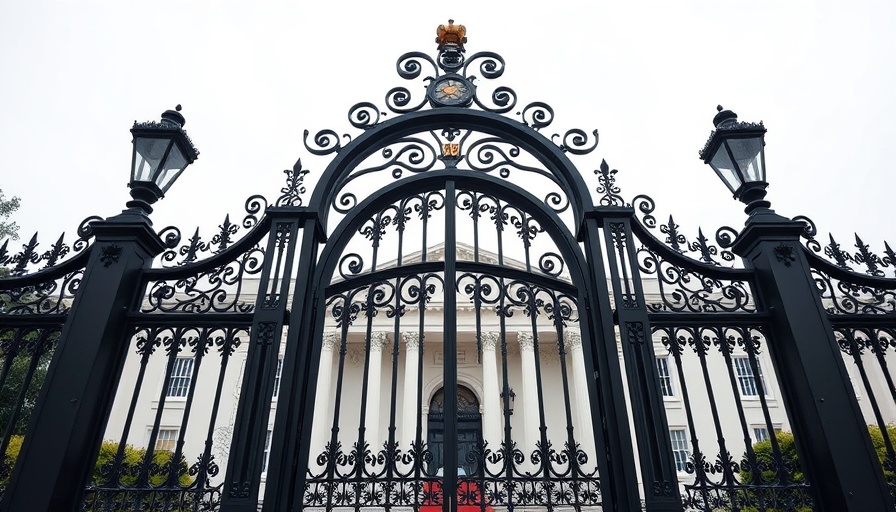
Vandalism Linked to Political Agendas: A Closer Look
In a disturbing incident that transpired last month, Jermaiah Sawaqed, a 25-year-old Everett resident, was arrested for allegedly vandalizing the Massachusetts State House with paint. This act has prompted questions about the motivations behind such violent expressions and their implications for the public peace.
The Radical Movement at Play
Sawaqed’s alleged actions are reportedly connected to a group called the Direct Action Movement for Palestinian Liberation (DAMPL), an organization described by authorities as radical and anti-Zionist. Established only recently, DAMPL has claimed responsibility for multiple acts of vandalism across Massachusetts, raising alarm over the increasing trend of politically motivated criminal activity.
Evidence and Surveillance: A Web of Connections
According to court documents, investigators have linked Sawaqed to the vandalism through social media, including posts on Instagram that bragged about the attack. Surveillance footage also caught him leaving the scene in a vehicle registered to his mother, leading law enforcement to gather more evidence, including traces of paint found in the car. These details have painted a concerning portrait of Sawaqed as an active participant in a larger movement pushing an ideology that advocates for disruption.
The Broader Implications for Society
The escalation of such acts not only highlights the rise of radical political movements but also provokes a dialogue about freedom of expression versus public safety. Sawaqed, who has pleaded not guilty, faces serious charges including vandalizing a war memorial and possessing hoax devices. As these events unfold, the balance between activism and vandalism raises important questions about how grassroots movements choose to express their dissent.
Looking Ahead: The Future of Activism in Boston
As Boston grapples with these incidents, it remains to be seen how authorities will respond to prevent similar acts. Understanding the motivations behind such vandalism is crucial for fostering a safe and respectful discourse on sensitive issues like the Israeli-Palestinian conflict. The community's response to these events also reflects its values and commitment to civil engagement in the face of unrest.
Whether Sawaqed’s arrest signifies a turning point in how political activism is perceived in Boston remains uncertain. The fallout from these events will likely continue to resonate within the fabric of local activism and public discourse.
 Add Row
Add Row  Add
Add 




Write A Comment